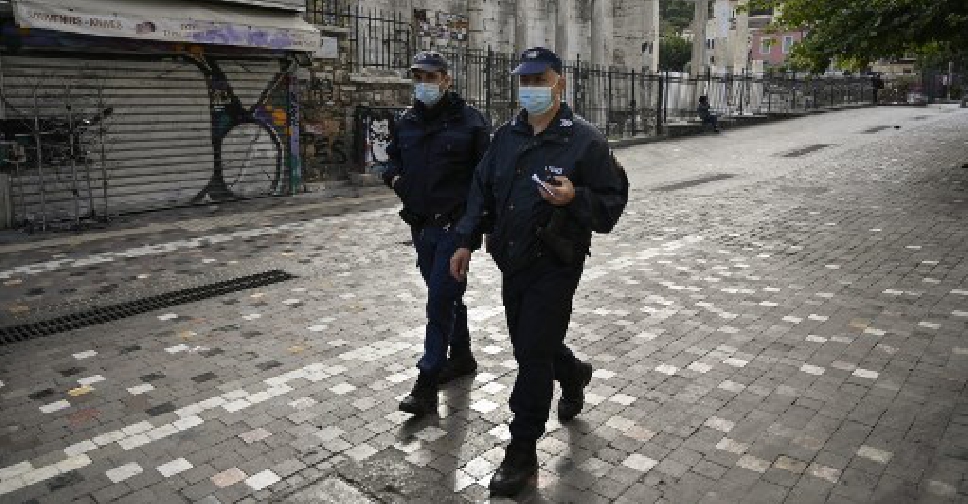
Greek authorities announced on Saturday the closure of nurseries and primary schools until the end of November, tightening a nationwide lockdown after a spike in COVID-19 cases.
Greece has fared better than many other European countries in tackling the coronavirus, mainly due to an early nationwide lockdown imposed weeks after the pandemic broke out in February.
A gradual increase in infections since early October has forced authorities to re-impose restrictions and order a second nationwide lockdown, which expires at the end of November and includes a night curfew from 9 pm to 5 am.
On Saturday, the government tightened the measures further, closing primary schools and nurseries from Monday for two weeks until the end of the lockdown period. Distance learning has already been implemented in secondary schools and universities.
Greece registered 3,038 new coronavirus cases on Friday. On Thursday it recorded 3,316 new infections and 50 deaths, the highest daily tolls recorded during the pandemic so far.





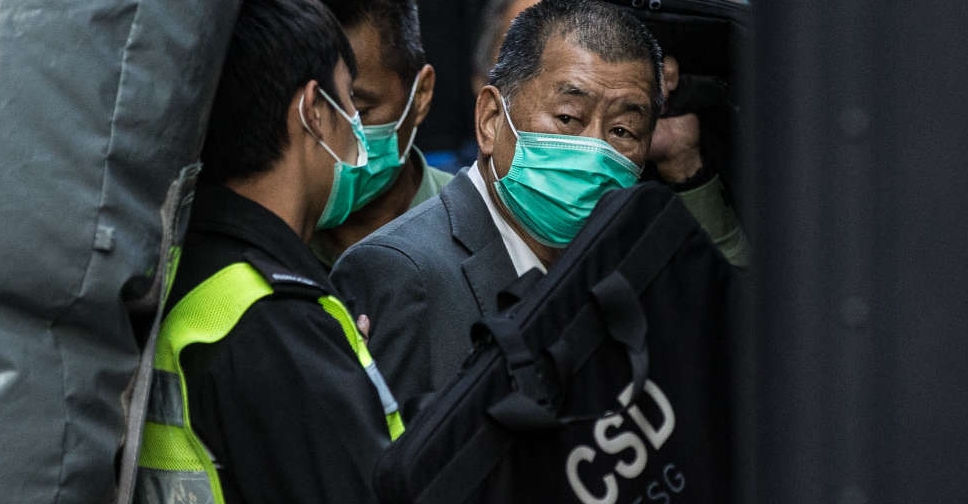 Hong Kong court finds tycoon Jimmy Lai guilty in landmark security trial
Hong Kong court finds tycoon Jimmy Lai guilty in landmark security trial
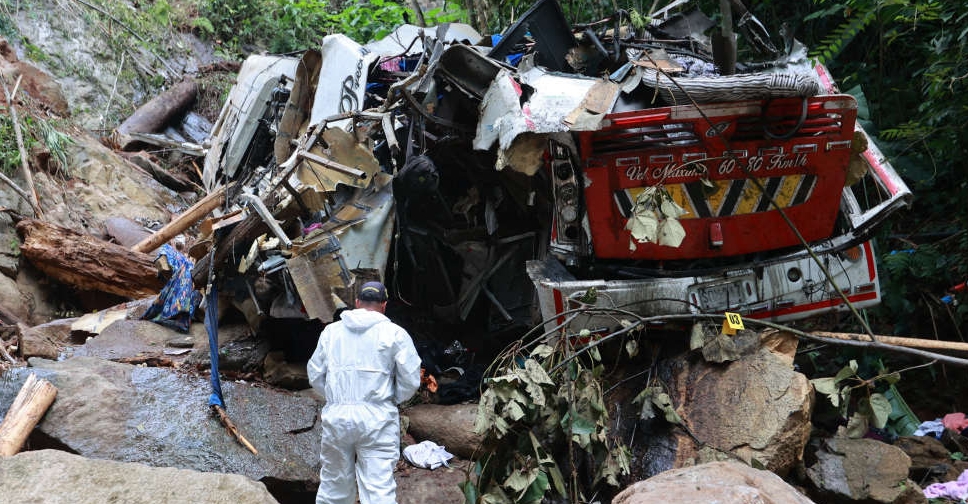 School bus accident in Colombia kills 17, injures 20
School bus accident in Colombia kills 17, injures 20
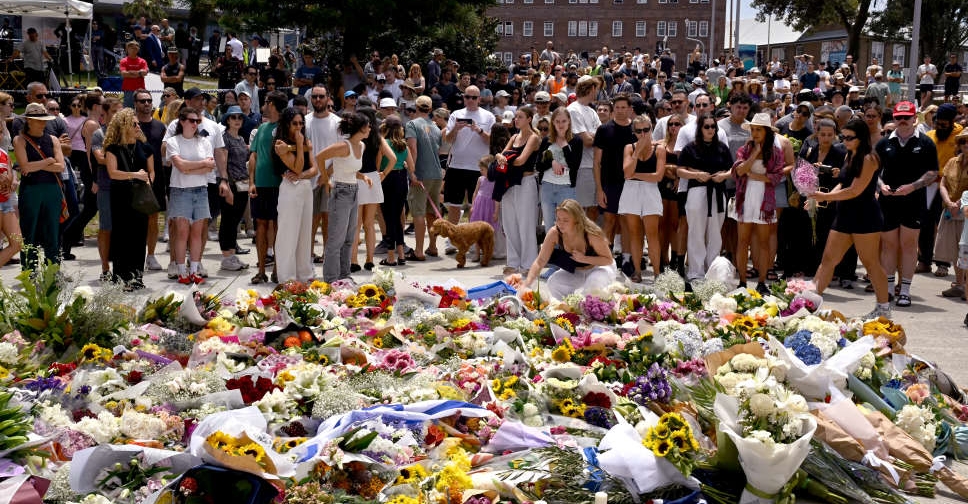 Father and son reported behind Bondi shooting that killed 15
Father and son reported behind Bondi shooting that killed 15
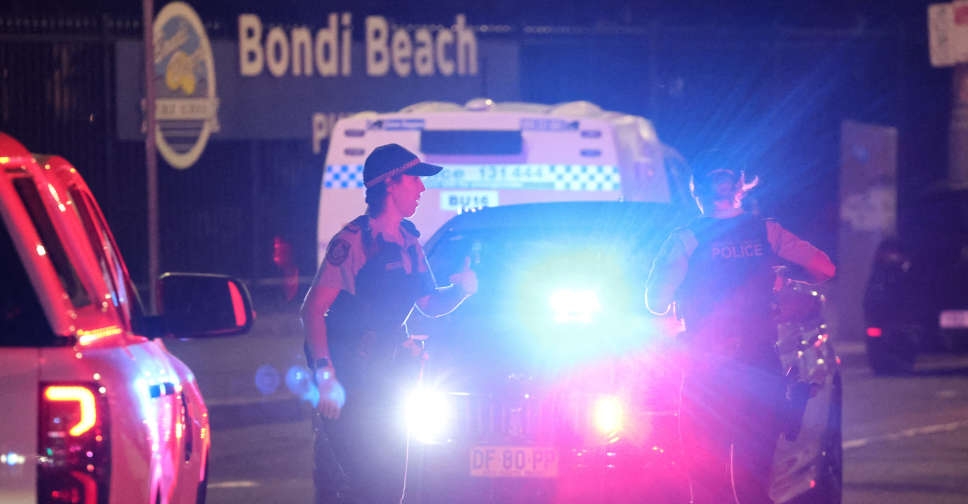 Shooting at Australia's Bondi Beach kills 12
Shooting at Australia's Bondi Beach kills 12


